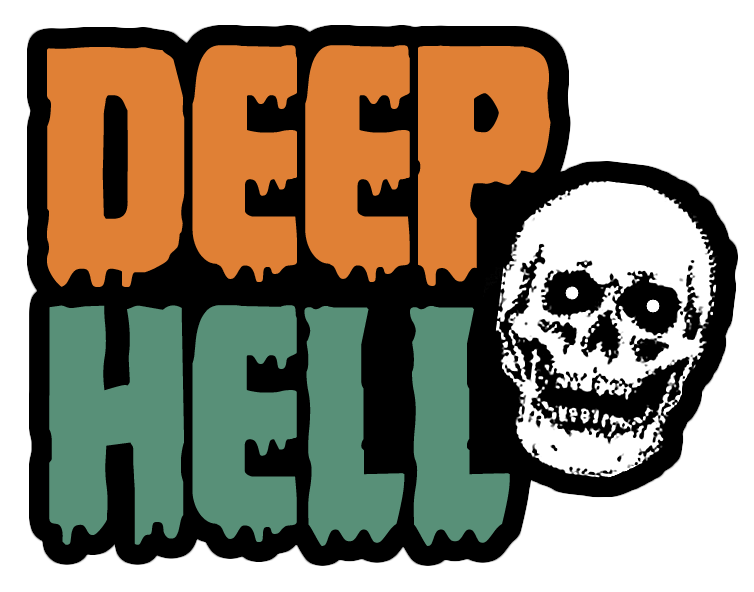Have you ever seen a friend get injured? If you have, or if you’ve really just ever had to watch anyone get injured: you know that violence hurts to watch. The sound and sight of someone getting injured has a way of burning itself into your brain.
Mortal Kombat 11 gave several members of its staff PTSD – they had to spend hours going over pictures of dismemberment, self harm and dozens of other ways of seeing the human body be disfigured. That’s the cost of the goofy, cartoon-like examples of 3D dismemberment.
There’s also something else, too – while I was busy writing an article about how Mortal Kombat 11 was becoming the Woke Franchise, other writers were talking to employees and ex employees of Netherrealm Studios. Those employees have spoken now at length about the toxic atmosphere at the studio, long hours and lots of crunch time.
What’s the worth of the people who make our entertainment, and is their suffering wholly reflective of how we should digest our entertainment? I don’t actually have a clear cut answer for this – but it made me realize.
Most of us know the cost of Triple AAA game development. It’s a factory that preys on how many people are desperate to make videogames professionally. There are always more eager, out of college 20-somethings ready to step into a QA field or draw concept art of tables and chairs for sixty hours a week. It’s becoming apparent that the larger issues in the industry may not be able to be solved simply.
The new thing I’ve realized – with Mortal Kombat 11, with Red Dead 2. I’m sure It’ll be true for The Last of Us 2 and the Final Fantasy VII remake. There’s a new post release timeline for videogames, and it’s got nothing to do with pointless DLC or season passes.
Let’s get used to hearing about abused employees and crunch time when every big-budget game is released. I say that not because I’d like to see it normalized, but because we (the people that’ll be stuck writing about it) should have some trepidation about the market being used to create entertainment.
We know what capitalism is outwardly capable of, and it requires a certain amount of naivete to go into criticism expecting big-budget releases to shake out fairly for everyone.
Ed Boon probably hasn’t had to stare at the amount of violence needed to make a game like Mortal Kombat 11 in over a decade or more. He’s got the staff that will have to deal with it if they want to get paid. One more casualty of the market – but we’d be better off demanding these people get treatment and care over demanding violence not exist in media.
This week there’s been much bellyaching on twitter about how we should look at Mortal Kombat 11 now. There’s been some notion, however small, that Mortal Kombat 11 was to blame for how people in shittier places of the internet separated the violence in the game from the actual game it appeared in.
I don’t agree with that, because that’s been a longstanding symptom of violence in other media. People fetishize the slayed teenagers in older slasher movies, they watch Saw movies not for anything that happens in them besides the graphic murder. Are those movies responsible for how the worst parts of society will use that violence? No – I don’t think so.
In addition to those bellyaches over content I think it’s important to redouble how much this goofy, mass market videogame does for representation. In all of the discomfort it causes through extreme violence – it’s making the only attempt out of many other fighting games to have better representation.
What’s interesting to me now, is how people will continue to react to Mortal Kombat 11 as just a product of labor and not also a piece of entertainment or even art.


